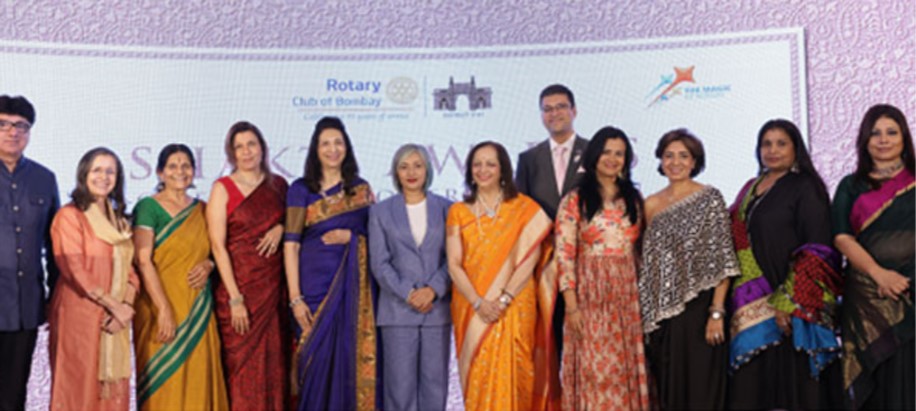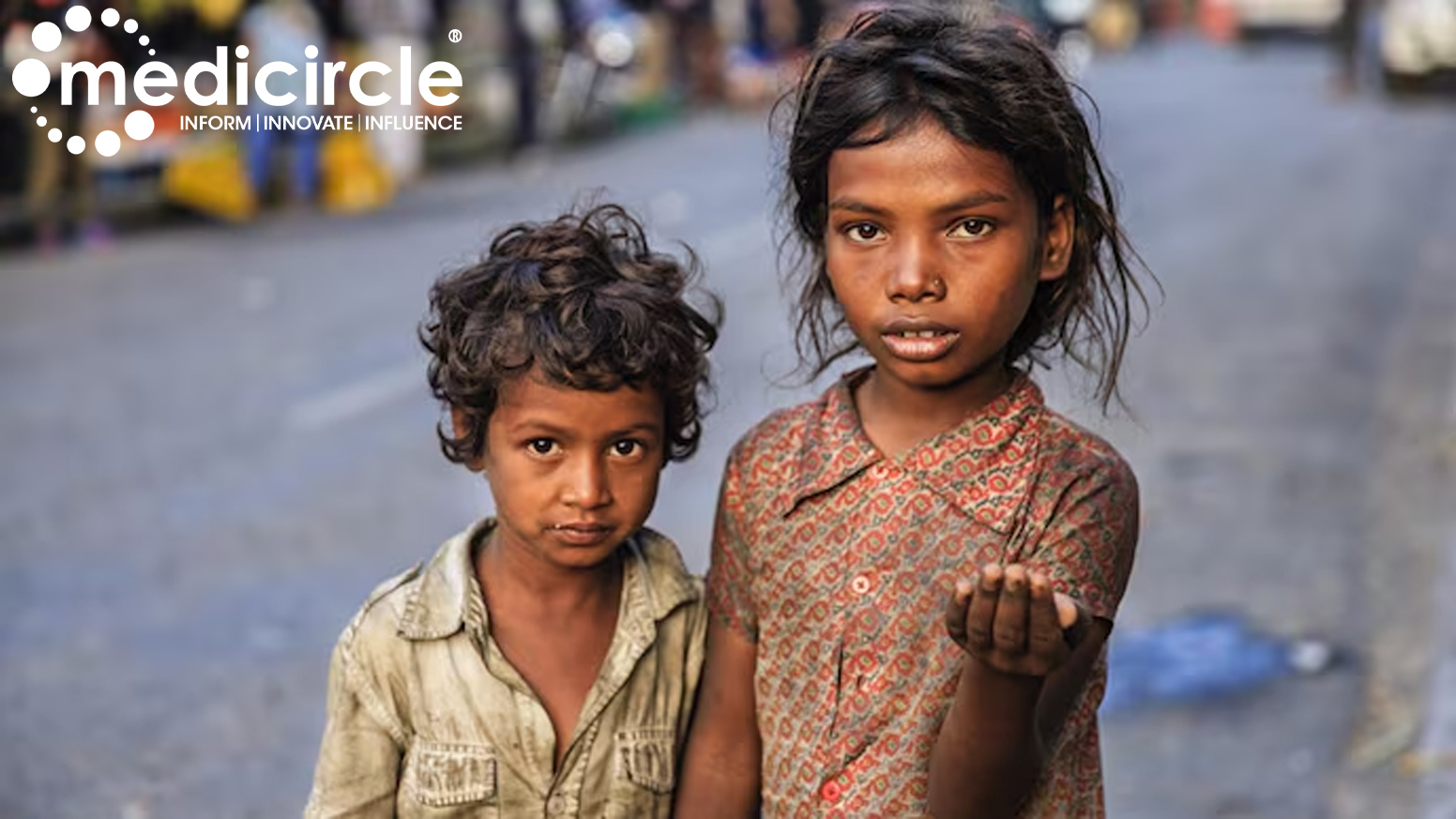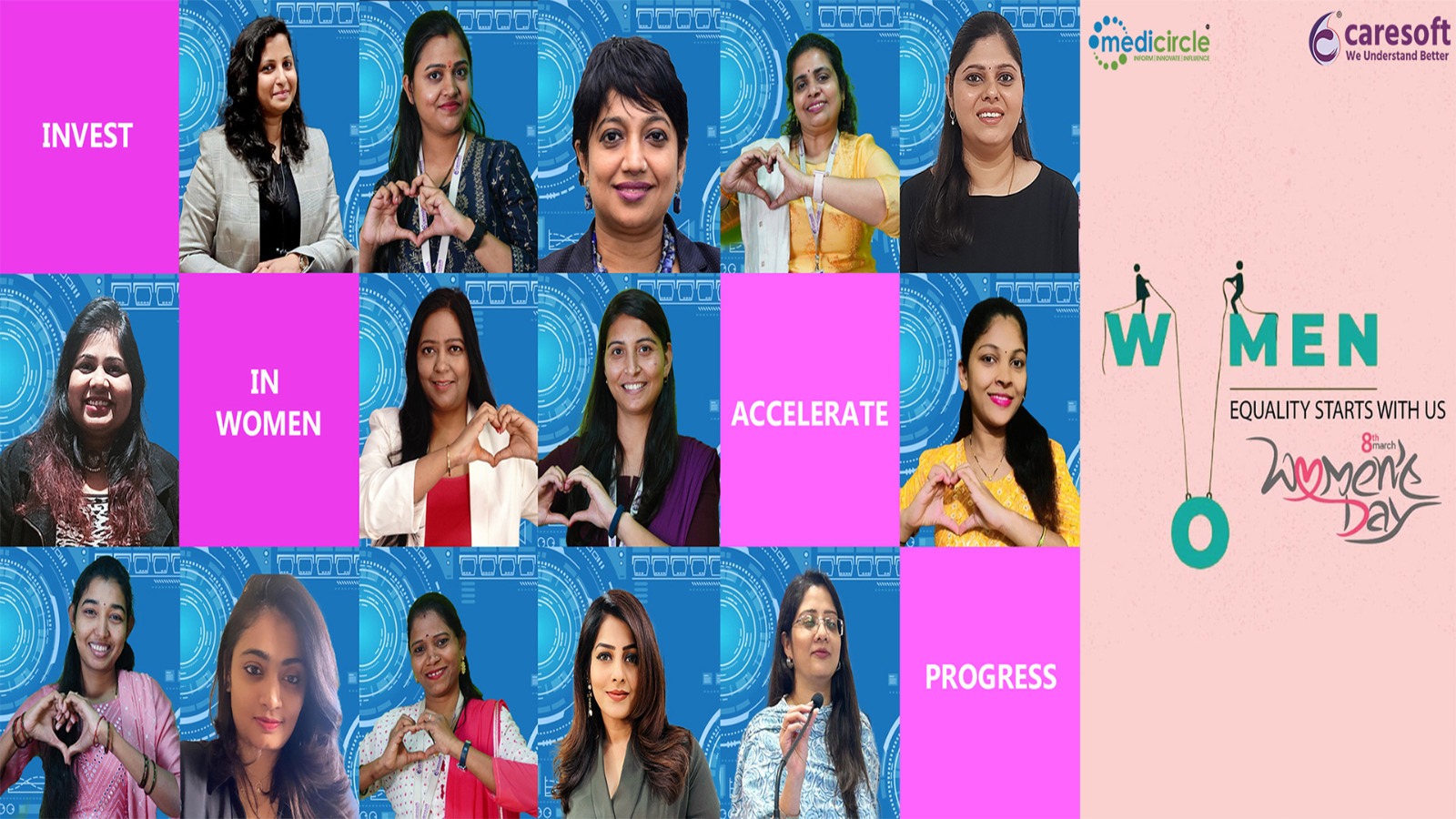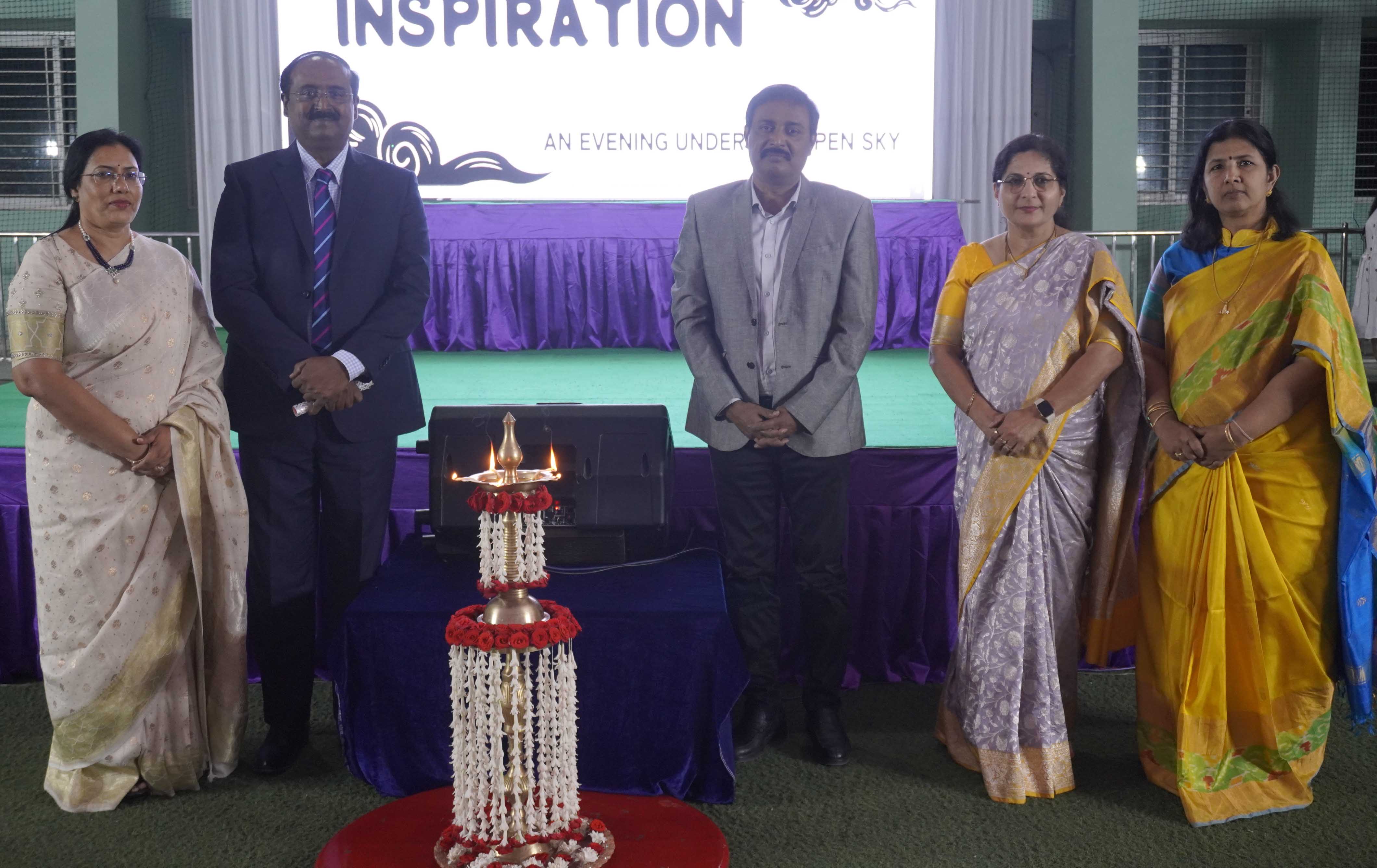Your gut hosts a vast array of microorganisms, including a tiny single-celled parasite called Blastocystis. While this might sound unpleasant, recent research reveals a surprising benefit: these gut parasites can be linked to a healthier lifestyle. A study published in the journal Cell shows that Blastocystis in the human gut correlates with better health outcomes, based on data from 32 different countries.
Blastocystis is a type of microscopic, single-cell microbe that lives in the guts of humans and other animals. This microorganism is part of what’s known as the microbiome, a community of bacteria and other microbes that play a significant role in maintaining our health. Although traditionally considered a harmful parasite, new evidence suggests it may have health benefits.
Researchers examined the gut microbiomes of nearly 5he7,000 individuals from around the world. They discovered that higher levels of Blastocystis were linked to better cardiometabolic health, which means lower chances of heart attacks, obesity, and diabetes. Lower levels of this parasite were associated with long-term health issues, including obesity.
In a focused part of the study, 1,124 participants were put on a diet rich in Blastocystis. This diet included less-processed, fiber-rich foods like avocados, nuts, seeds, legumes, and green vegetables. Over six months, participants significantly improved their diet quality, lost weight, and saw an increase in Blastocystis in their gut. The average weight loss was one point on the body mass index (BMI) scale.
The diet rich in unprocessed, plant-based foods seems to foster a gut environment where Blastocystis can thrive. These foods are known to be beneficial for overall health, contributing to better weight management and cardiometabolic profiles.
For a long time, Blastocystis was categorized as a harmful intestinal parasite. However, the new study suggests that some subtypes of Blastocystis may be part of a balanced gut microbiome in healthy individuals. This finding helps to clear up some of the controversy surrounding this microorganism.
The study also highlighted the variability in Blastocystis subtypes based on age, geography, and lifestyle. For example, newborns do not have Blastocystis; the microorganism establishes itself as we age and start consuming more complex foods. This variability highlights the complexity of the gut microbiome and its relationship with our overall health.
Maria Vehreschild, a physician-scientist at Frankfurt University Hospital, notes that while the link between diet and health outcomes is well-known, changing eating habits remains a challenge. Most people understand what constitutes a healthy diet but struggle to adhere to it consistently.
While the study provides strong evidence linking Blastocystis with health benefits, it does not establish a direct causal relationship. It’s unclear whether the presence of Blastocystis directly improves health or if it is merely an indicator of a healthy gut environment. Further research is needed to understand the specific role of Blastocystis in promoting health.
The findings of this study open new avenues for exploring how the gut microbiome, including organisms like Blastocystis, influences our health. Researchers plan to continue investigating the genetic, genomic, and functional aspects of Blastocystis to better understand its potential effects on human health.
The presence of Blastocystis in the gut, traditionally seen as harmful, may actually be beneficial for health. This new perspective could lead to innovative dietary recommendations and treatments aimed at promoting a healthy gut microbiome. As we learn more about the complex interplay between diet, gut microorganisms, and health, it’s clear that maintaining a balanced diet rich in unprocessed, plant-based foods can significantly improve our overall well-being.
By staying informed and making mindful dietary choices, we can harness the power of our gut microbiome to support better health outcomes. As always, consult with healthcare professionals before making significant changes to your diet or health regimen.

 The findings of this study open new avenues for exploring how the gut microbiome, including organisms like Blastocystis, influences our health.
The findings of this study open new avenues for exploring how the gut microbiome, including organisms like Blastocystis, influences our health.




















.jpeg)

.jpeg)
.jpeg)
.jpeg)

.jpeg)
.jpeg)
.jpeg)
_(1).jpeg)

_(1)_(1)_(1).jpeg)
.jpeg)
.jpeg)
.jpeg)






